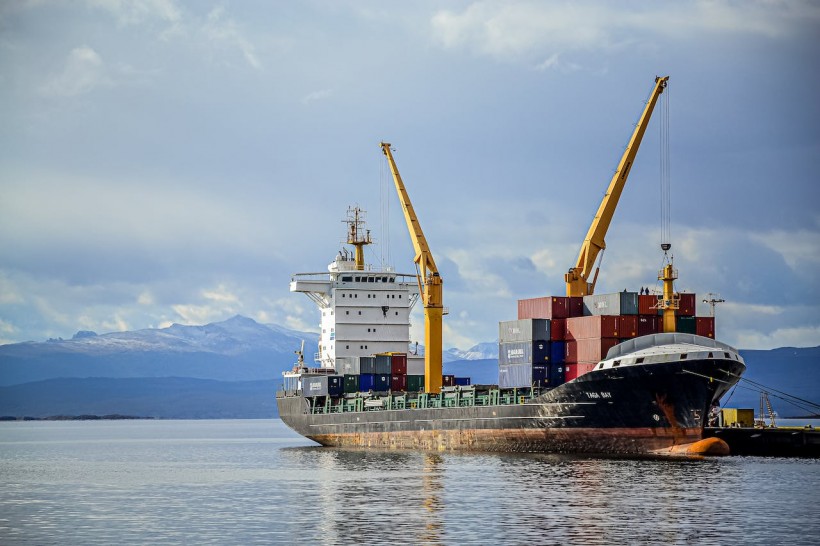Global logistics firms confront escalating ocean and air freight charges and stranded goods as transport services like Maersk avoid the Red Sea amid Houthi attacks.
After three unsettling years of inflationary pressures and delays caused by COVID-19, which seemed to be successfully overcome, the world's supply chain is again threatened by both of these factors.

Rapid Price Increase
More ships diverting from the Red Sea raised ocean freight costs in hours on Thursday, December 21. Logistics managers were offered $10,000 per 40-foot container from Shanghai to the United Kingdom, according to CNBC. Last week, 20-foot containers cost $1,900 and 40-foot containers $2,400.
OL USA CEO Alan Baer said ocean carriers are quickly adjusting prices to recoup the additional costs of vessel diversions. However, he believes that the shipping community, including importers and exporters, as well as government regulators, needs more information about the causes of these huge price increases.
"What we are experiencing here is a light switch event where vessels are being redirected in [real-time]. But, that said, in certain trade lanes you are seeing freight rates going up between 100 [and] 300 percent. This does not appear to be totally driven by changes in supply and demand," Baer told CNBC.
The rapid increase in ocean freight and its effect on inflation also rely on how long it takes for the ship to reroute and how long shippers have to pay the higher freight costs. Logistics executives said that if the timetable approaches one month, the supply chain and consumers will start to feel the effects of inflation.
See Also: Houthi Rebels Vow for More Attacks on Ships in Red Sea if Tension Escalates
Threat to Supply Chain
The crisis in the Red Sea may not be going away anytime soon, and companies like IKEA fear trade diversions will affect product supply, according to The Guardian.
While IKEA does not own any container ships, the company is collaborating with transportation partners to handle shipments and make sure everyone involved in the value chain is secure.
"What we can share for now is that the situation in the Suez Canal will result in delays and may cause availability constraints for certain IKEA products," an IKEA representative stated. "This is our main priority. In the meantime, we are evaluating other supply options to secure the availability of our products, and we continue to monitor the situation closely going forward."
Because ships travel on worldwide maritime routes known as "strings," it is possible for a single vessel to carry containers from all over the globe. This is because a vessel's itinerary includes stops at ports all around the globe. When a ship is delayed due to rerouting, it affects shippers from all over the world who have merchandise on board or are waiting for that ship to collect their containers.
While logistics managers are unable to do anything about the containers already on board the redirected ships, they may influence the fate of containers waiting to be loaded on ships in Asia and those that are stuck in ports in Europe or the Middle East.
See Also: Shippers, Tankers Consider Rerouting Due to Houthi Raids on Red Sea








